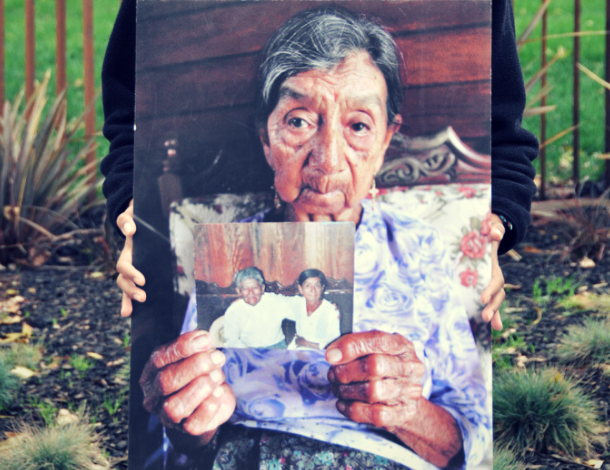
Feminists support the Special Rapporteur's call for justice on the attacks on and criminalization of indigenous peoples defending their rights.
Joint statement by Action Canada for Population and Development, on behalf of AWID and the Sexual Rights Initiative, on 19 September 2018 at the 39th session of the Human Rights Council.
We commend the report of the Special Rapporteur on attacks on and criminalization of indigenous peoples defending their rights.
We present this statement in honour of the life of Berta Cáceres, a feminist, indigenous, land and territory defender who fought against corporate and government interests that wanted to destroy the ancestral land and rivers of her community to build a hydroelectric project in the Lenca lands of Honduras. Two years after her assassination her family and feminist indigenous land defenders are still seeking justice.
There is ample evidence of global trends of repression and gender specific violence perpetrated by corporate, state and non-state actors - including corporations and private companies, state and local authorities, military and police forces, as well as private security services in the context of mega development and mining projects. Indigenous women and people of all genders, ages, race and ethnicity risk their freedom and their life defending human rights, their communities, and the wellbeing of our planet when they challenge powerful economic and political interests. Existing structural racism and patriarchal sites of power shape the geopolitics of extractivism, which fails to deliver the development that it promises. On the contrary, an extractive model of development inflicts poverty, deepens economic, social and gender inequities and leads to human right violations and environmental destruction.
Indigenous women defending their land and territories are subject to criminalization, smear campaigns and defamation with particular reference to their sexuality and role as women or mothers. Rape and sexual violence are used as weapons against indigenous women defenders, threats directed to their family members are another common form of psychological torture. Their right to bodily autonomy and self determination is routinely infringed and these violations are exacerbated when gender intersects with other forms of oppression such as racial and ethnic discrimination. As Lolita Chavez, an indigenous WHRD from Guatemala, explains:
“Threats are very specific to indigenous women, [and] there is also a very strong racism against us. They refer to us as those rebel Indian women that have nothing to do, and they consider us less human.”
We demand that States ensure accountability for violations of rights of indigenous communities by State representatives, private security companies, and corporations. Extractive projects and land appropriation must take into account the free, prior and informed consent of indigenous communities, and refrain from executing projects when communities have expressed their opposition to extractive or mining activities.
In addition, a legal framework that recognizes the role that WHRDs play in the promotion of corporate accountability and that guarantees a safe, enabling environment is essential for them to carry out their work.
Finally, it is critical to strengthen the regulatory framework for businesses’ behavior with legally-binding measures such as the instrument developed by the IGWG to regulate TNCs and other business enterprises.
